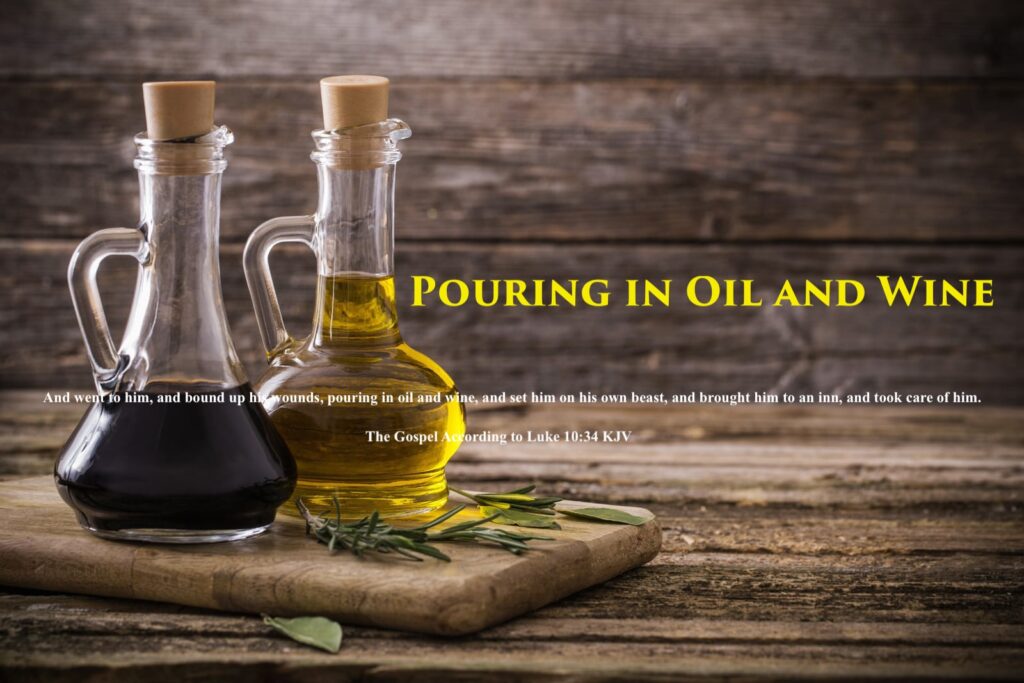
(30) And Jesus answering said, A certain man went down from Jerusalem to Jericho, and fell among thieves, which stripped him of his raiment, and wounded him, and departed, leaving him half dead. (31) And by chance there came down a certain priest that way: and when he saw him, he passed by on the other side. (32) And likewise a Levite, when he was at the place, came and looked on him, and passed by on the other side. (33) But a certain Samaritan, as he journeyed, came where he was: and when he saw him, he had compassion on him, (34) And went to him, and bound up his wounds, pouring in oil and wine, and set him on his own beast, and brought him to an inn, and took care of him. [Luke 10:30-34 KJV, emphasis added]
The English word wounds in Greek is Strong’s #5134, trauma, and as such requires almost no explanation. While trauma can mean a physical wound, according to DSM-5, trauma is…
- Exposure to actual or threatened death, serious injury, or sexual violence in one (or more) of the following ways:
- Directly experiencing the traumatic event(s).
- Witnessing, in person, the event(s) as it occurred to others.
- Learning that the traumatic event(s) occurred to a close family member or close friend.
Neurotheology is an interdisciplinary field that combines neuroscience and theology. It explores the relationship between the brain and religious experiences.
